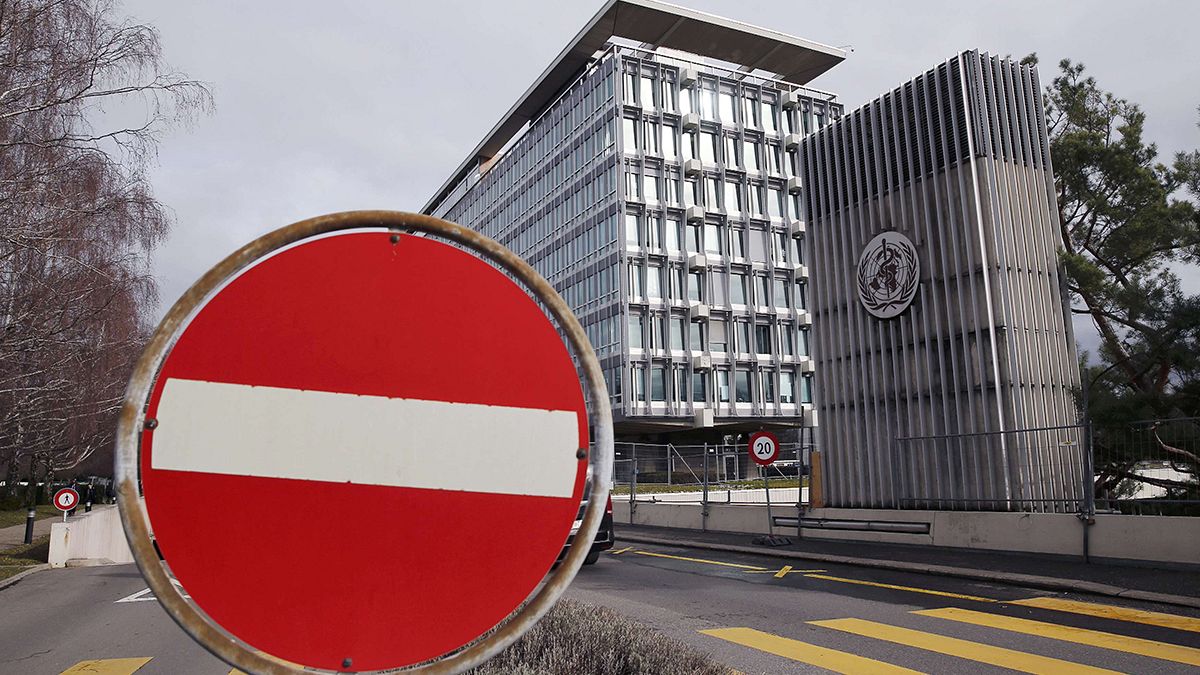The World Health Organization (WHO) has declared a global emergency over a condition linked to the Zika virus. A connection has been made been the
The World Health Organization (WHO) has declared a global emergency over a condition linked to the Zika virus. A connection has been made been the outbreak and thousands of birth defects across the Americas.
A team of independent experts recommended the decision, which followed criticism that the response to the rapidly spreading, mosquito-borne virus has not been strong enough.
WHO Director-General Dr Margaret Chan announced:
“Members of the committee agreed that the situation meets the conditions for a public health emergency of international concern. I have accepted this advice.”
Declaring an emergency speeds up international action and research priorities relating to the epidemic.
The last time the WHO declared an emergency was for the Ebola outbreak in 2014. Zika now joins the same category.
‘Coordinated international response needed’
Chan called for a united response to the outbreak.
“After a review of the evidence, the committee advised that the causes of microcephaly and other neurological complications constitute an extraordinary event and a public health threat to other parts of the world. In their view, a coordinated international response is needed to minimise the threat in affected countries and reduce the risk of further international spread,” she said.
WHO Director-General Dr Margaret Chan: #ZikaVirus & #microcephaly situation is a Public Health Emergency of Intl Concern #alert
— WHO (@WHO) February 1, 2016
A spike in the number of babies born with microcephaly — or abnormally small heads and brains — in Brazil in 2015 has not been conclusively linked to Zika. However, Chan has labelled the level of alarm “extremely high.”
Shortly prior to the decision being made public, Brazil had announced it would follow the US in banning blood from donors who have had Zika.
Lack of symptoms causes problems
In an interview, Brazil’s Health Minister, Marcelo Castro, said the lack of symptoms of the virus is proving problematic.
“Technicians have informed us that approximately 80 percent of people who are infected by the Zika virus do not develop significant symptoms. So, a large number of women, not women, people who are infected by the Zika virus they contract the illness, but they do not develop symptoms.”
However, he added that improved testing should help officials to deal with Zika.
Eradicating mosquitoes
With no vaccine expected to be available in the foreseeable future, Brazil’s only hope is to eliminate the mosquito responsible for the spread of the virus.
The government has engaged all possible resources in the fight to destroy the flies’ breeding places, said Castro.
He told Reuters news agency that by the end of the first week of February, it will be mandatory for Brazil’s local governments to report cases of Zika. By that time, most states are expected to be equipped with labs to test for the virus.


